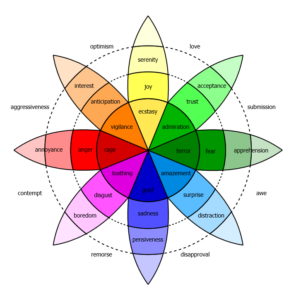Very early on I was given to understand that I would never be an emperor of India. I was all of 12 and dreamed all the dreams that Alexander the Great (my hero) would have dreamed, at my age. The tall Qutub Minar towered proud above me after all these centuries in the gardens of Delhi. Gardens and monuments surrounded me from the early Sultanates of India. None was more powerful than the Slave Dynasty that established Muslim rule in India. Ruling from Delhi they conquered the Indus rich lands and a large part of the Gangetic valley and prospered. The pillar was of course much older and had fascinated me for years in its height and girth.
The Ashokan Pillar marks an older tradition of Buddhism, in India. This rust less iron pillar is ascribed to emperor Ashok and was part of his many edicts and signposts, laying down the rules of Dharma. Those rules had been long largely discarded, in the India I grew up in; and long consigned, to the pages of history. Modern Indian politics of Independent India, has been turned towards a new national identity. I had stood with my back resting against the pillar, preparing myself. I looked up at the beautiful carved stone archways, left over from a past kingdom. Vainly I tried to reach around my back, and grasp both hands. Soon I knew that there was no hope, as I was short. Maybe if I had been two feet taller with longer arms, then it may have been easier as the pillar did seem to taper slightly, from the broad base where I stood, reaching our blindly.
The one thing Ashok and Buddha consistently talked about was that compassion and contentment are noble attributes. The sooner we acquire them the easier is our trip to Nirvana. We must not follow our desires as like Lucy in the Sky with diamonds they can never be satisfied in our lifetime. We can take a strange trip of chasing all our desires in a distorted reality, or one with all ones lucidity and love. Just contentment stops a lot of things from happening – mostly with positive results. We do not seek, so are not disappointed, and also do not have any guilt of missing the next high. Desires continue to flourish in our imagination as human beings desire more and more as the world unfolds before us. Every new vision or revelation makes us children again reaching out for a newer shinier toy.
Some seek God and salvation in narrow beliefs and blind faith, while others like the Isa Upanishad say God is in everything so nothing is ours and it is all His, so renounce and enjoy. Buddha did not destroy desires but he found a path we could follow, which would help us overcome becoming trapped in this world of Maya and endless rebirth leading to a state of Nirvana. Great saints have all proclaimed the supremacy of their God and shown paths to serve Him as in the prayer of Saint Francis to his Lord to, “make me an instrument of your peace.” The end result of many of these learned beings is the concept of Sangha or society that is equal and everyone works for its betterment. God does not dwell in Churches. Temples or Mosques but in each of us and his laws do not differentiate between rich and poor. Follow your Dharma or beliefs and you will find the right path.
So to conclude we remain largely the slaves of our desires. We indulge in more ways to enjoy them and seek the company of those who are followers of the same path. The Germans did not start off as evil under Hitler but they took his beliefs to an extreme and became evil. Similarly we need to ensure we seek contentment versus the fulfillment of all our desires. Desires come and go and we need to be in harmony with nature. The universe has forces far larger and stronger than us puny men trapped on this blue planet. We are only as great as our belief and so seek higher living and thinking. When we destroy whole species of flora or fauna, we are destroying a little bit of ourselves. We have the power to create a new world, full of goodness and hope. Seek to live righteously, as in the end all of us must die.

Well said , whatever is your ambition, journey should be positive creative invigorating to you and the universe